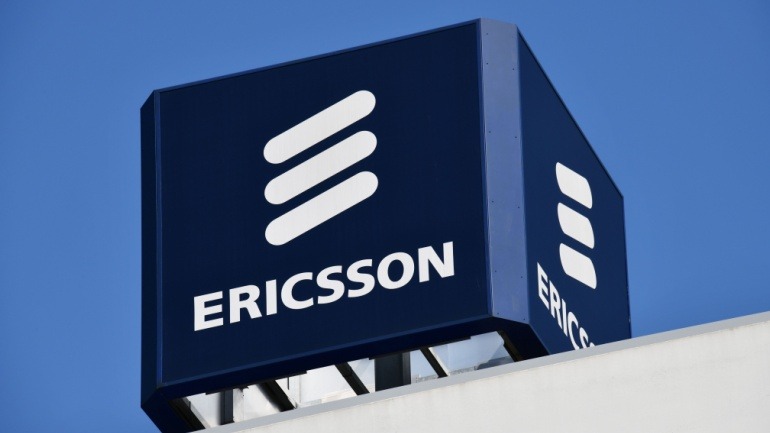Exciting developments continue in the telecommunications industry as Sweden’s Ericsson has secured a multi-billion-dollar contract with Bharti Airtel. This latest deal marks another significant win for Ericsson in India, following a recent $3.6 billion agreement with Vodafone Idea. Although the financial specifics remain undisclosed, the partnership is poised to boost Ericsson’s 2025 revenues.
Earlier, Ericsson expanded its existing collaboration with Vodafone Idea, focusing on 4G network upgrades and the introduction of 5G services in regions such as Delhi and Kerala. The strategic move aligns with the company’s goal of strengthening its presence in India after previously experiencing a decline in contracts from this market.
Alongside these promising developments, Ericsson shared its third quarter results for 2024. The company reported mixed performance across regions, with North American sales showing a notable increase of 55%. Overall sales, however, experienced a slight decline of 1% year-on-year to SEK 61.8 billion (USD 5.4 billion). Yet, the company managed to improve its gross margin to 46.3% due to effective cost-saving measures and revenue growth from intellectual property rights.
The company’s adjusted EBITA climbed 64% year-on-year to SEK 7.8 billion (USD 677 million), showcasing solid financial health driven by higher gross income and cost controls. Net income experienced a steep rise to SEK 3.9 billion (USD 339 million), marking a significant recovery from a SEK 30.5 billion (USD 2.65 billion) loss in the previous year.
President and CEO Börje Ekholm highlighted this period as one of focused execution on the company’s strategic plan. “Q3 marks a period of laser-focus on execution of our strategic plan. We see increasing customer momentum around programmable networks that deliver differentiated performance, and expect further traction, supported by the JV we have announced with 12 of the world’s largest telecom operators. The JV will aggregate network APIs, accelerating commercialization and generating new opportunities for network monetization,” he stated.
The telecommunications field continues to evolve rapidly, and Ericsson’s strategic initiatives reflect an agile adaptation to market demands. The company’s pivot towards strengthening global partnerships and introducing advanced network solutions underscores its commitment to sustaining growth in a competitive environment. Additionally, the company’s substantial presence in North America as an early adopter market signifies a vital component of its growth strategy.







